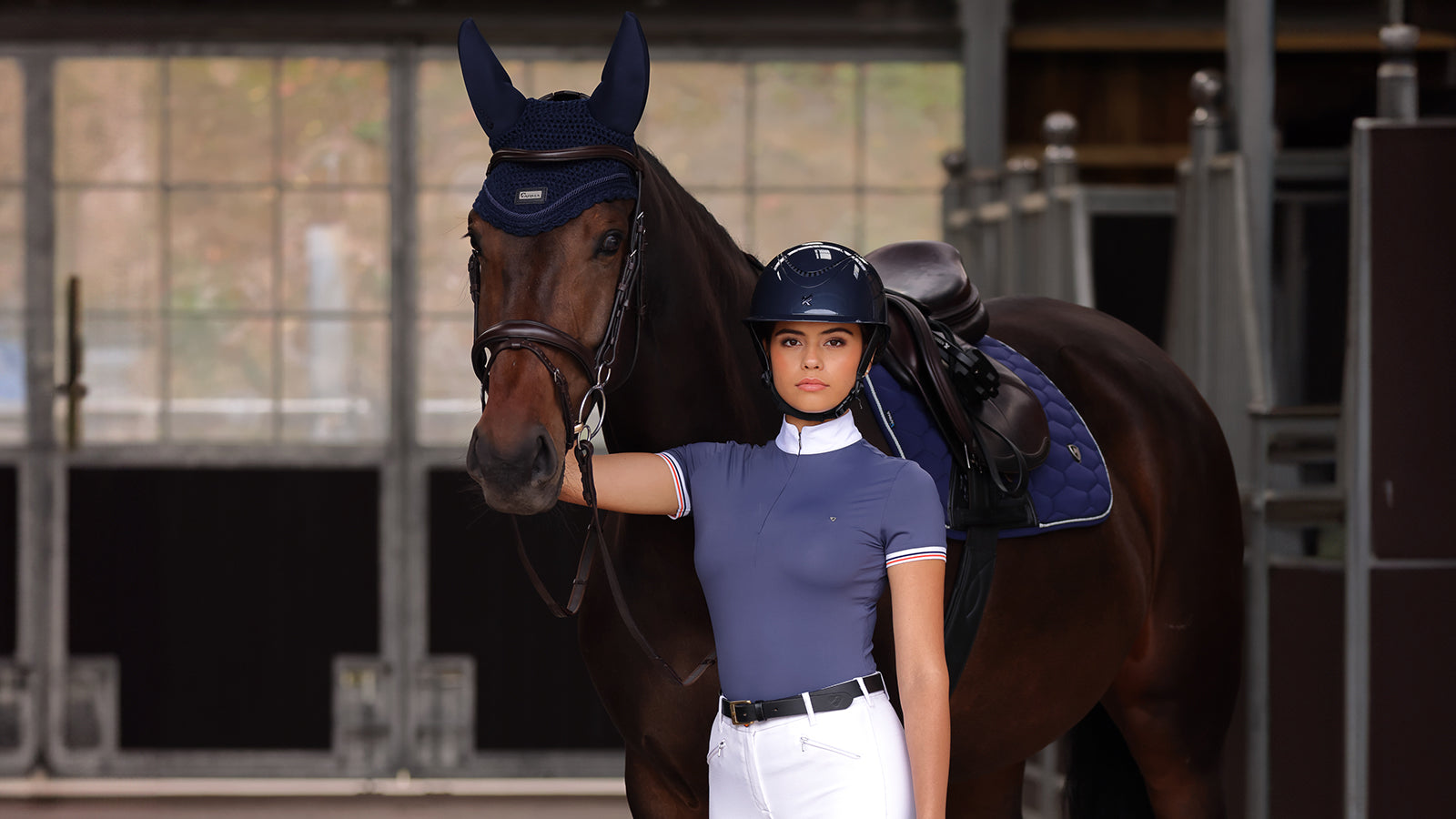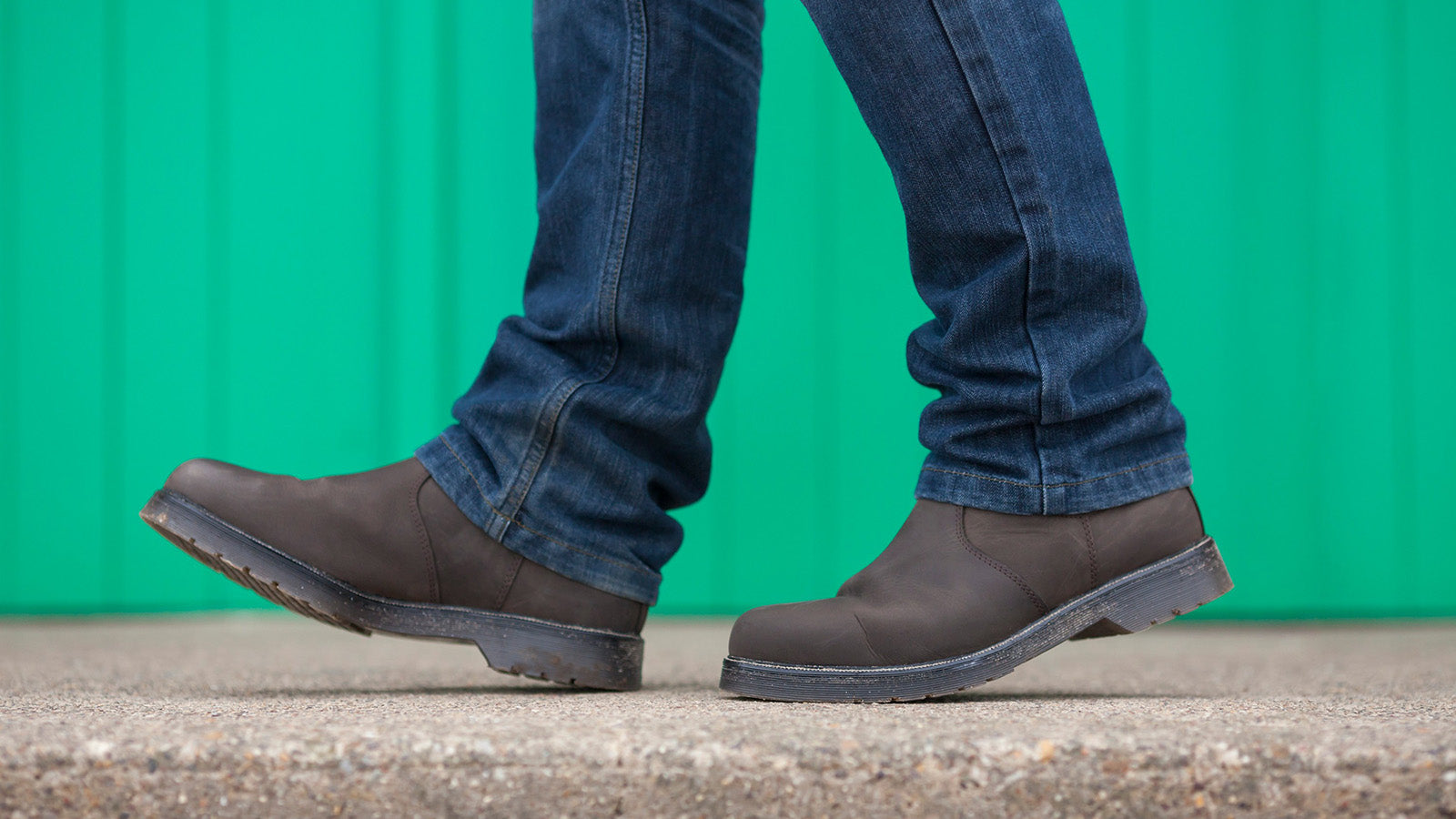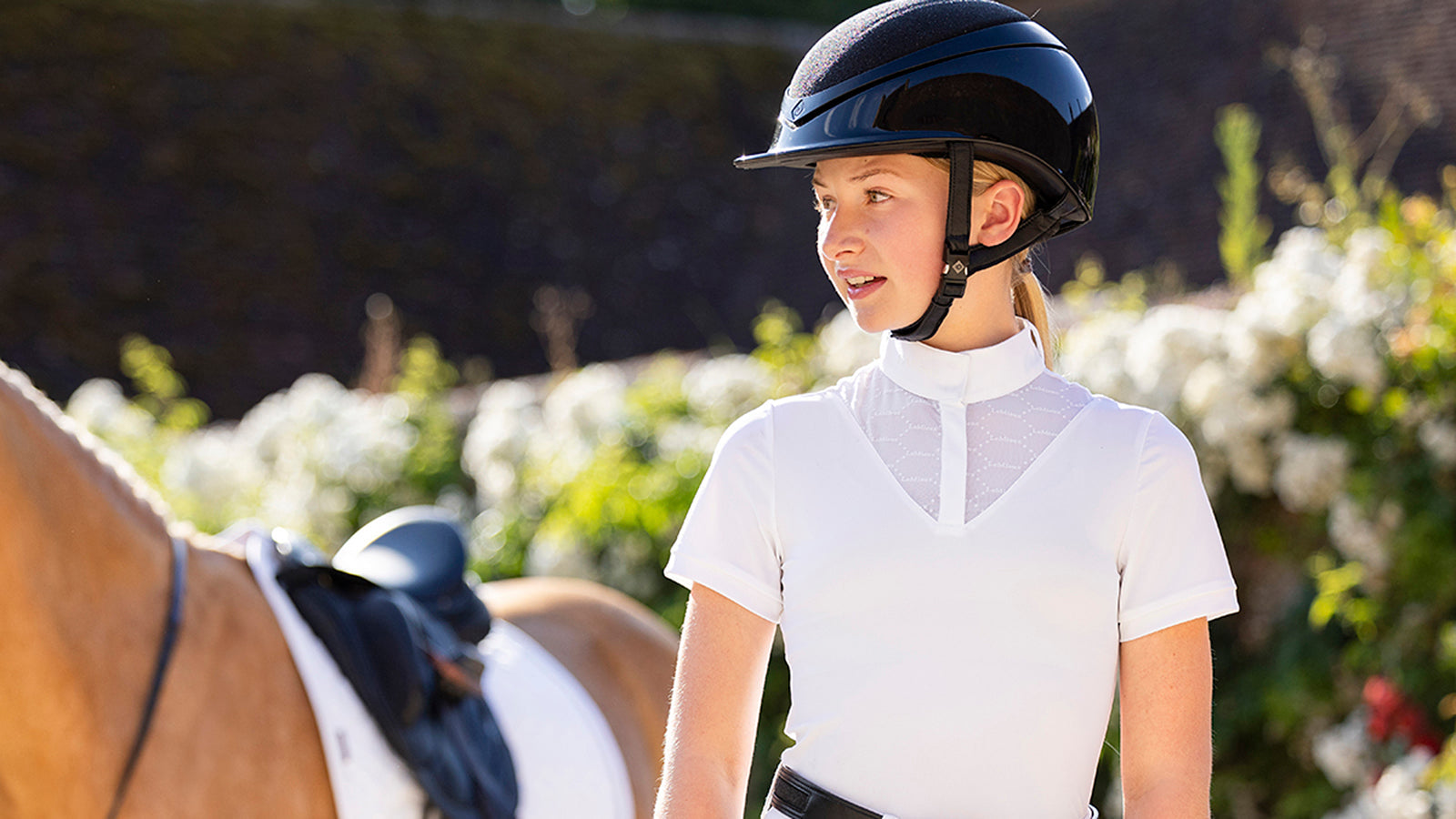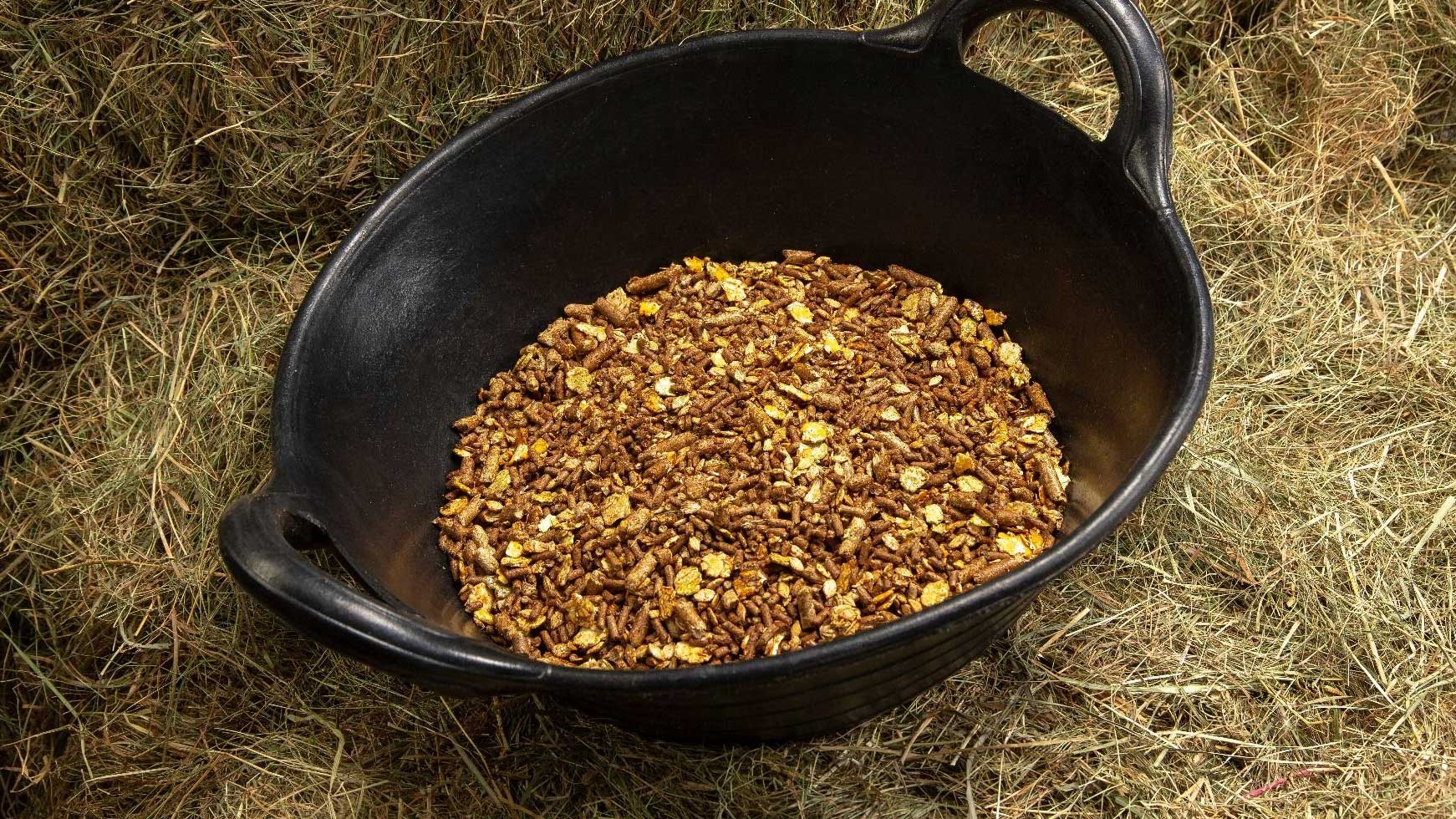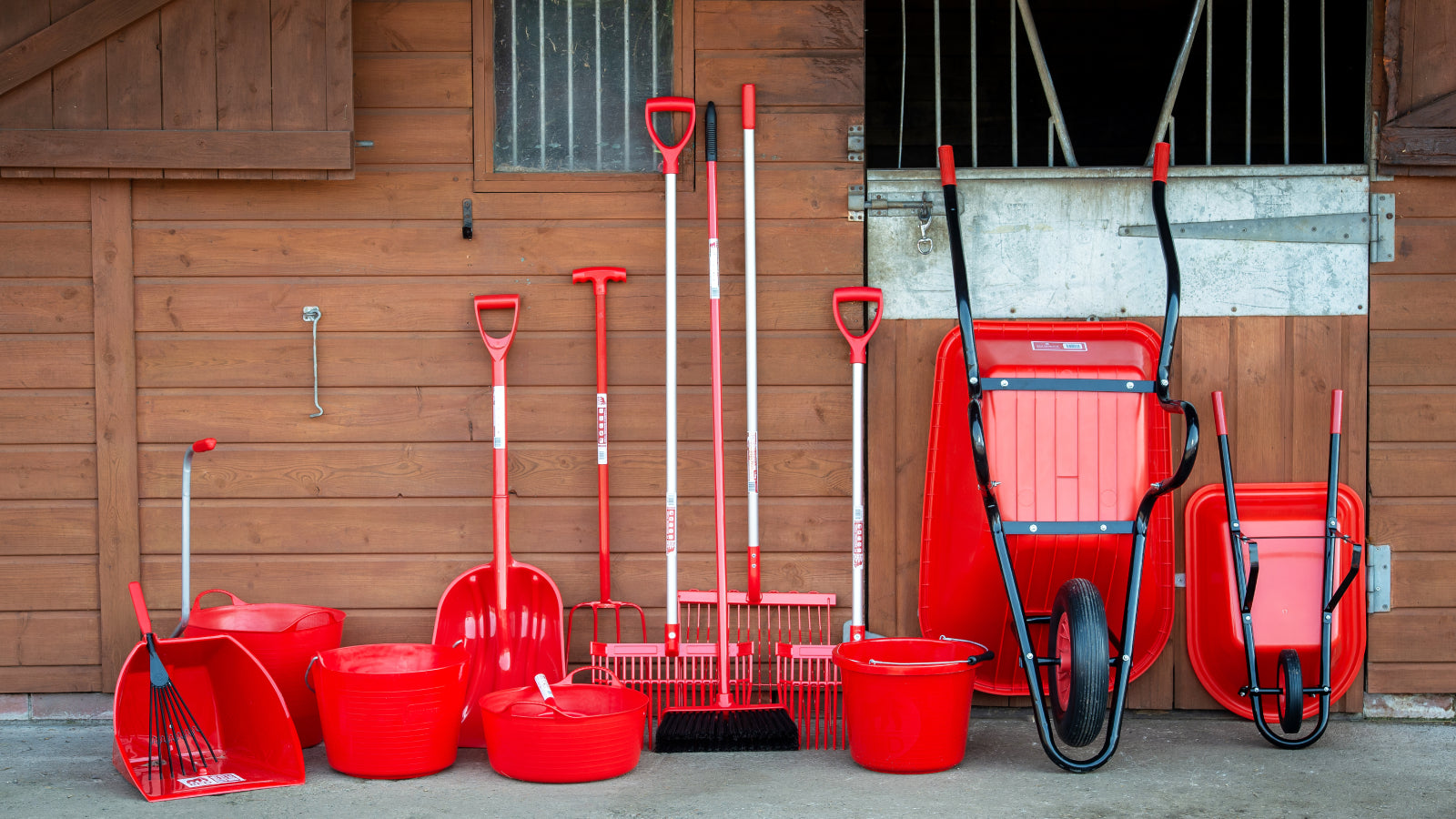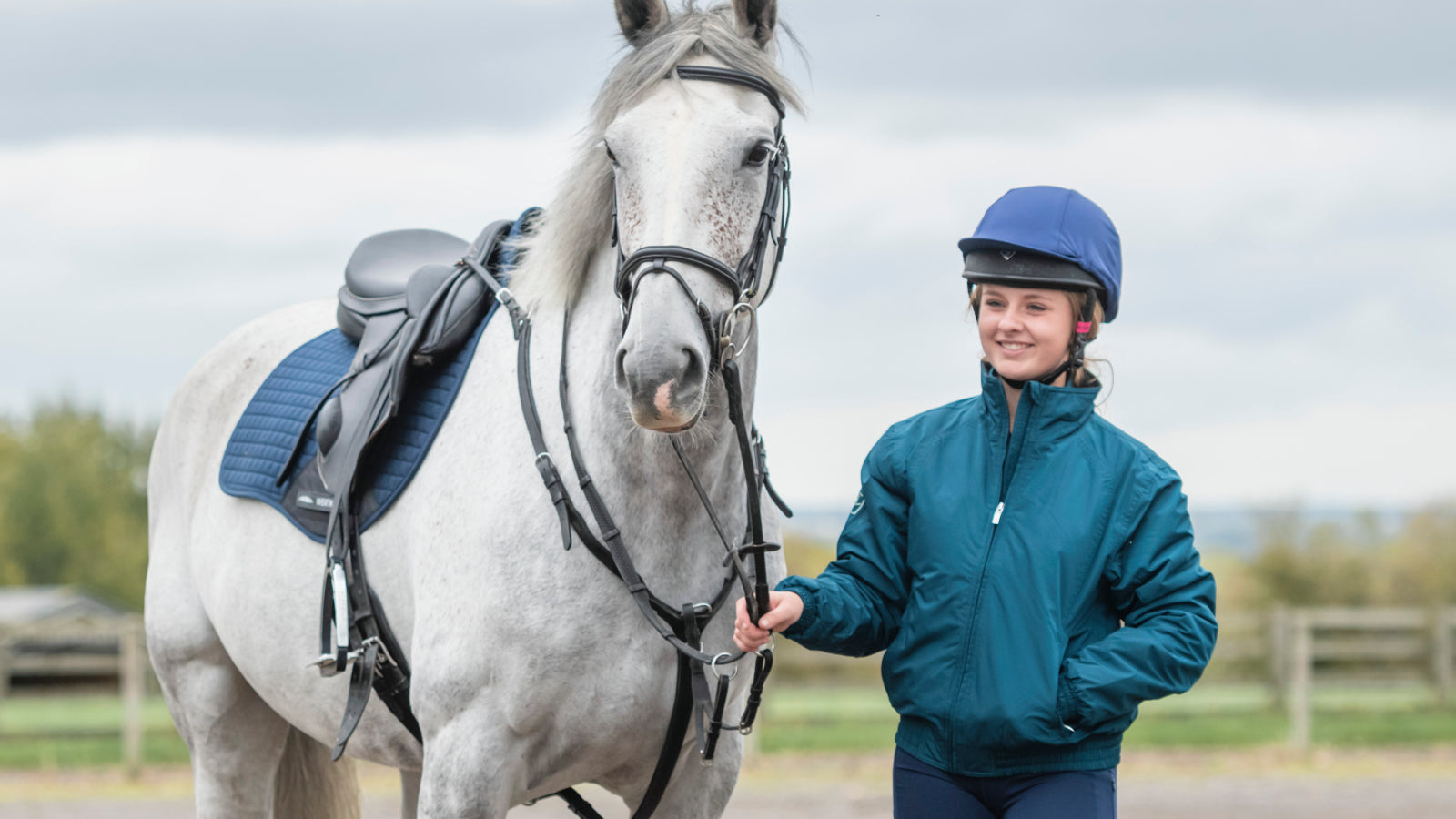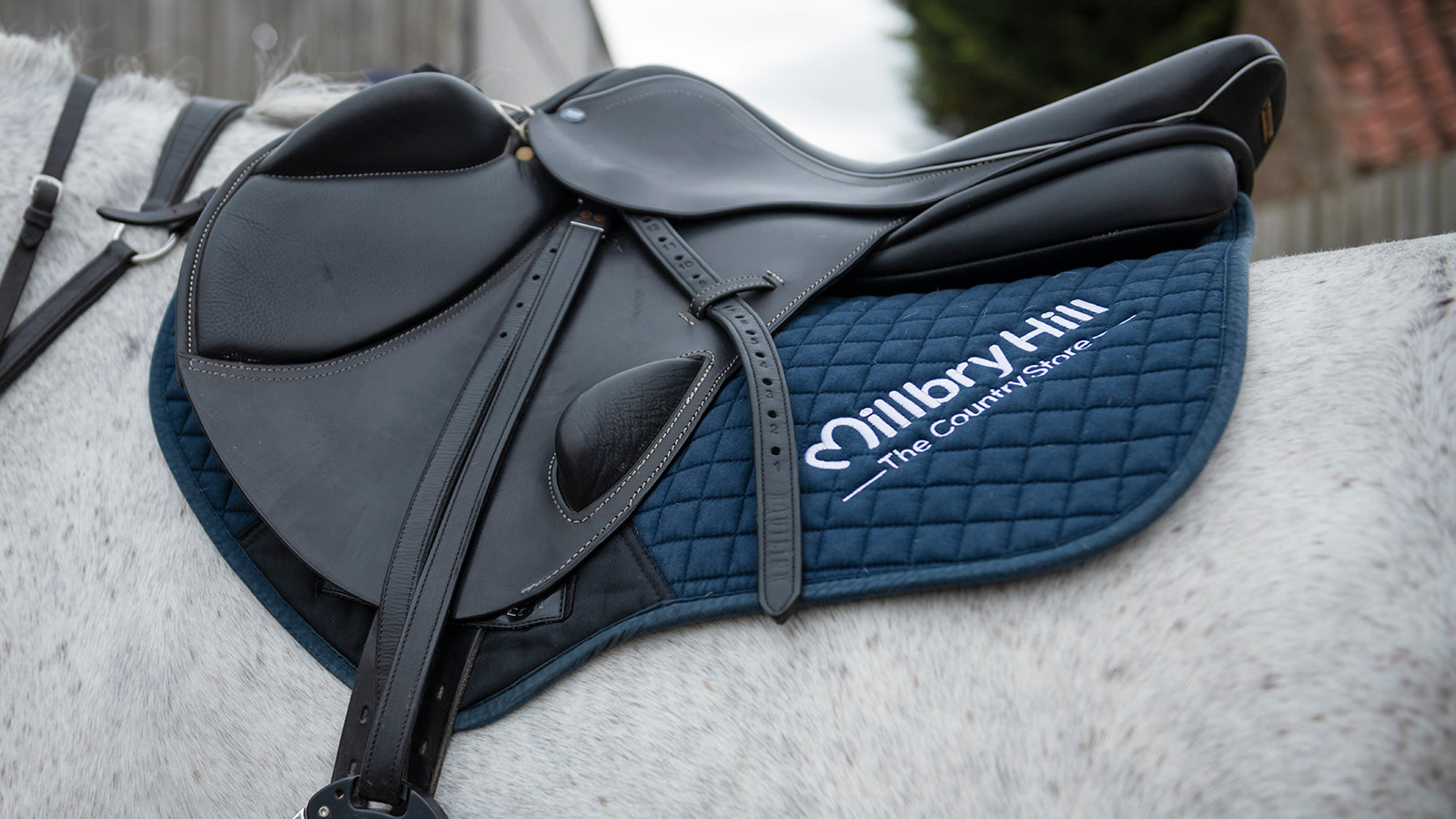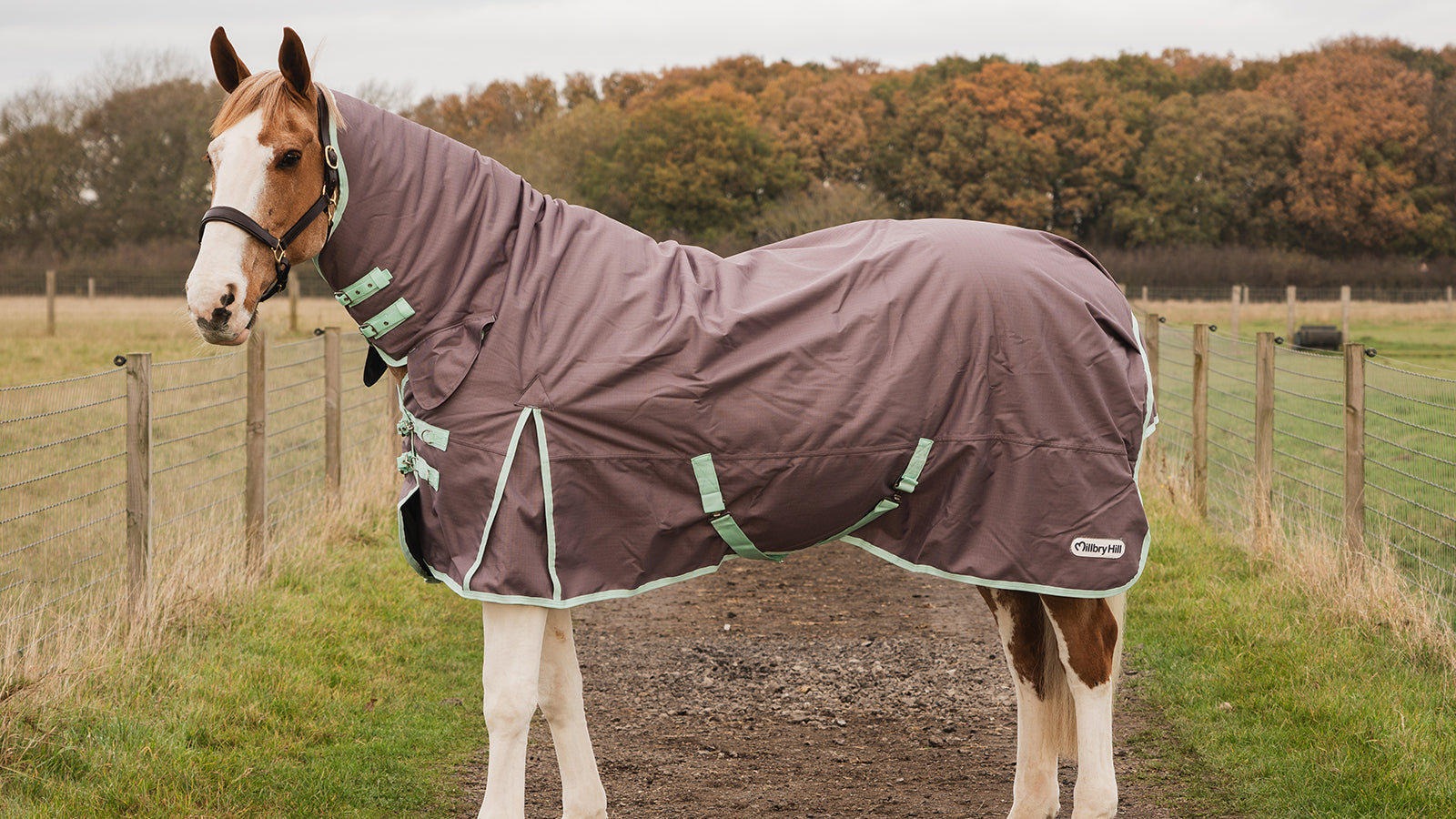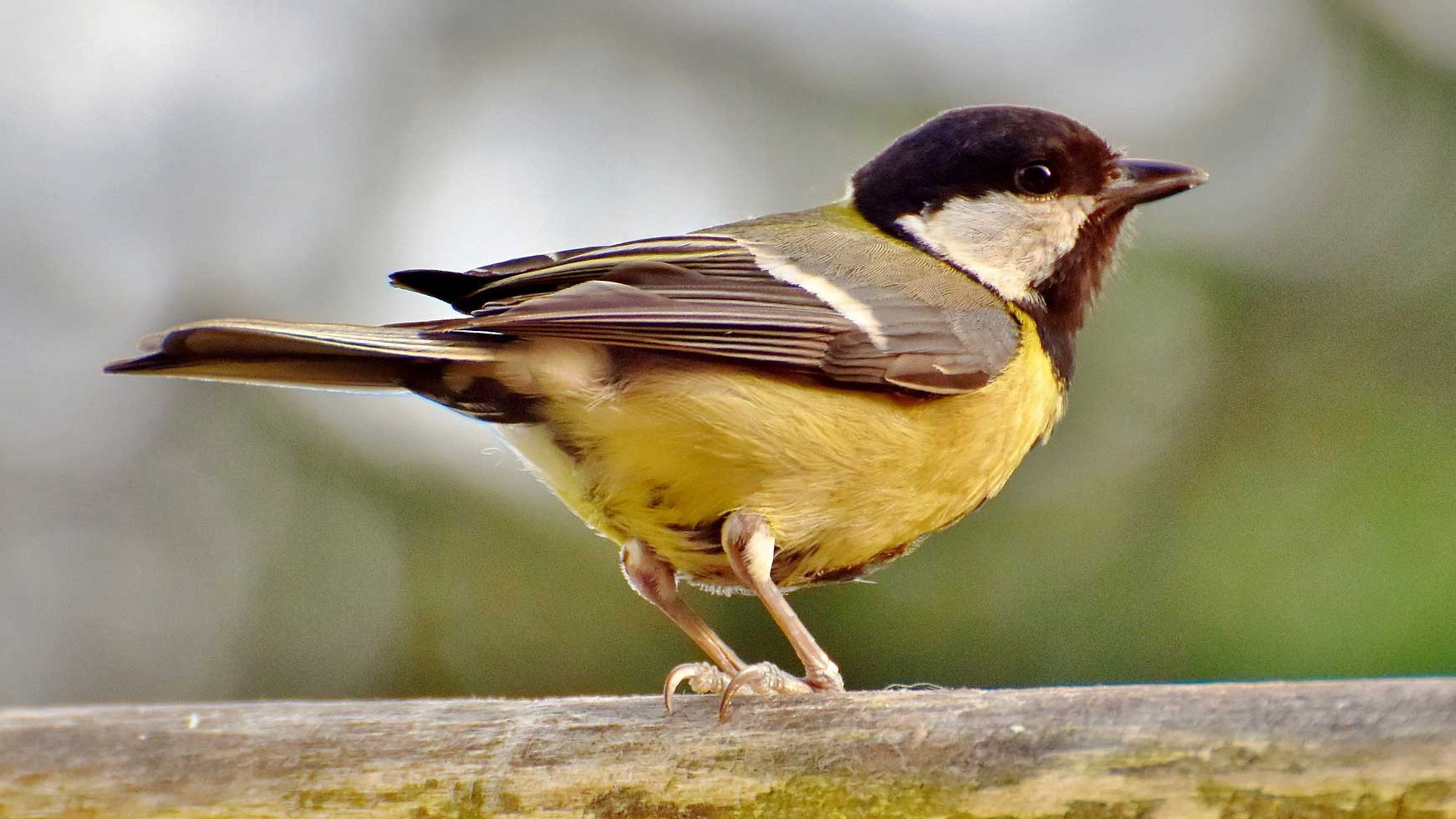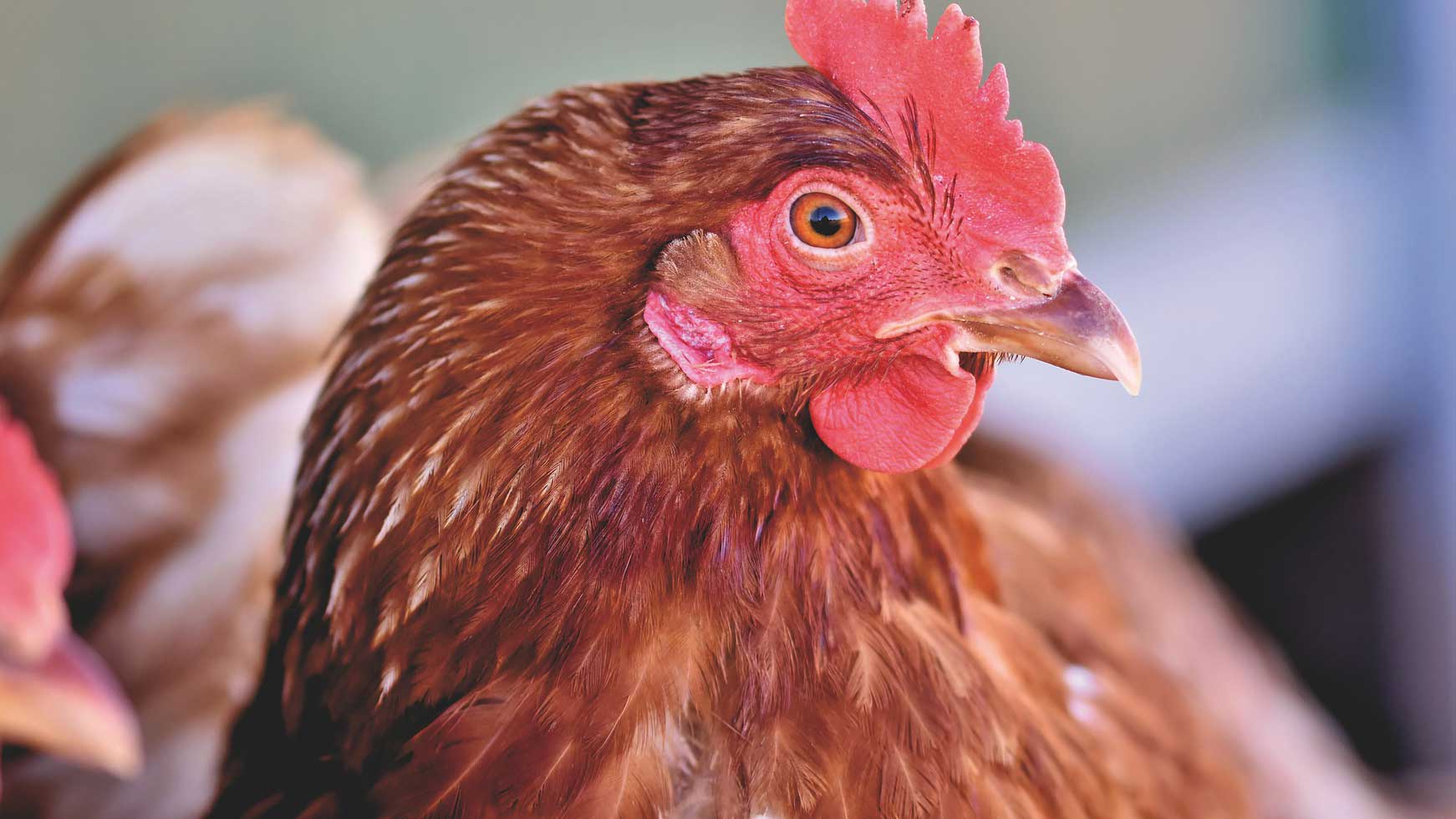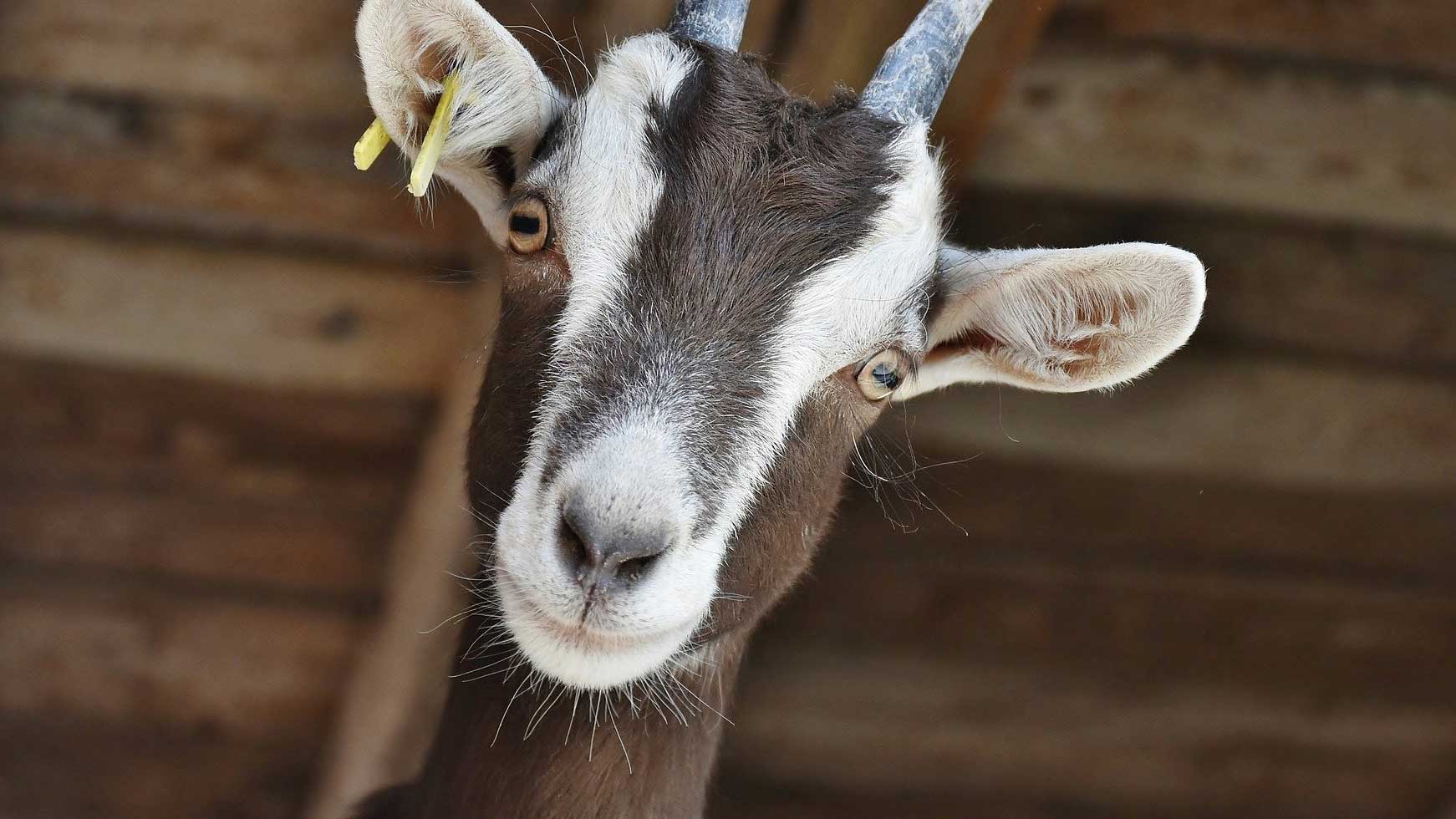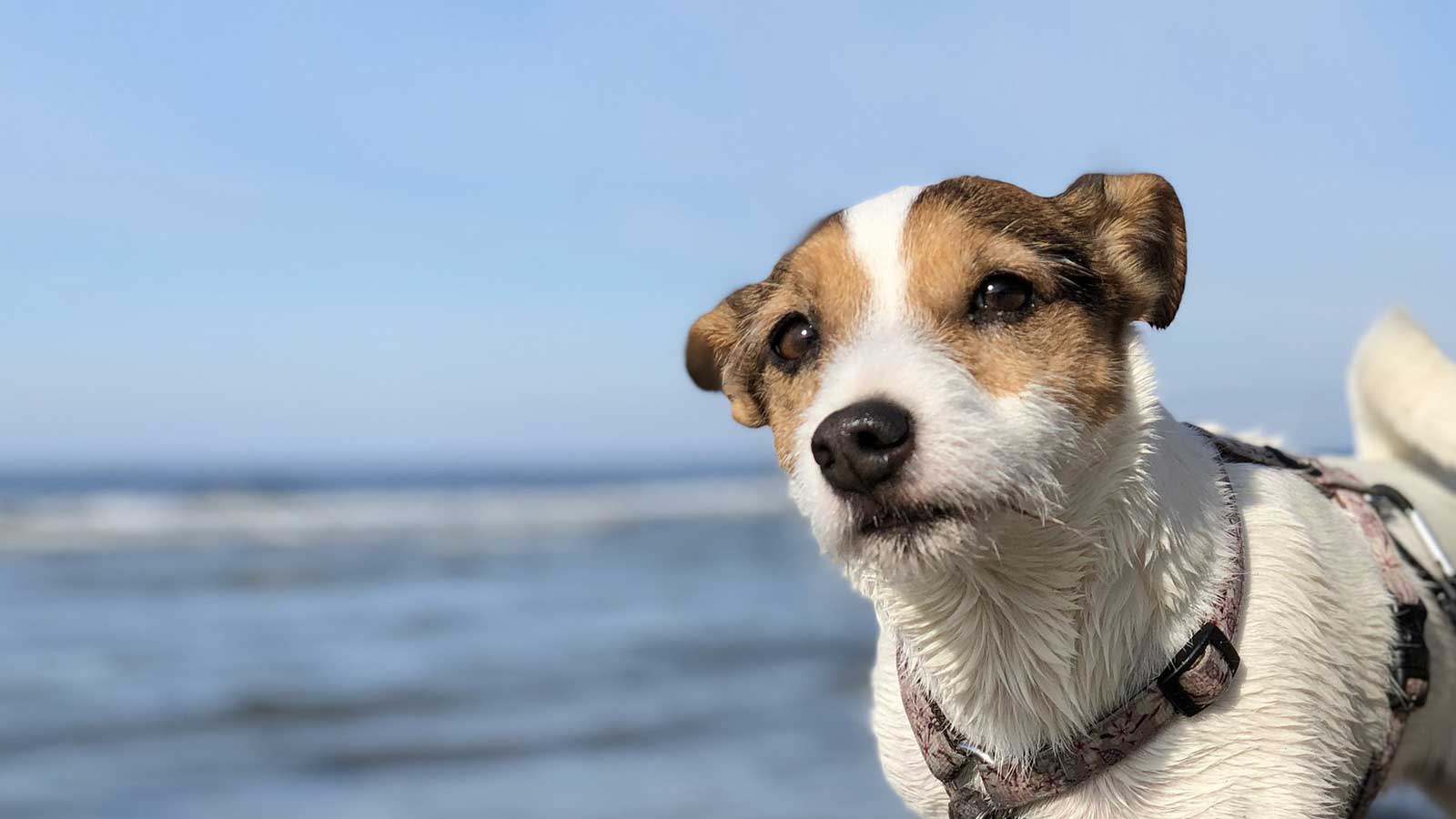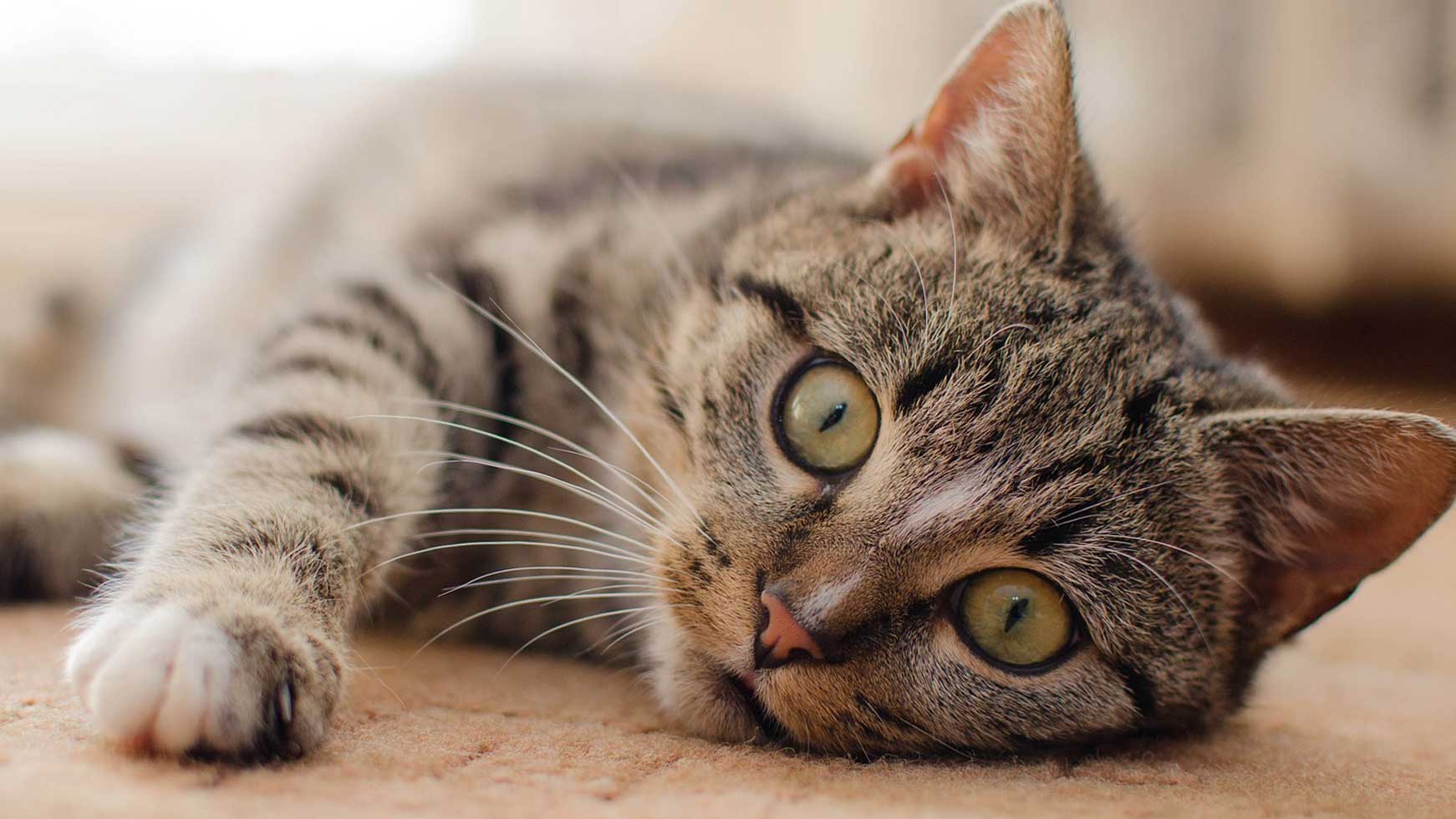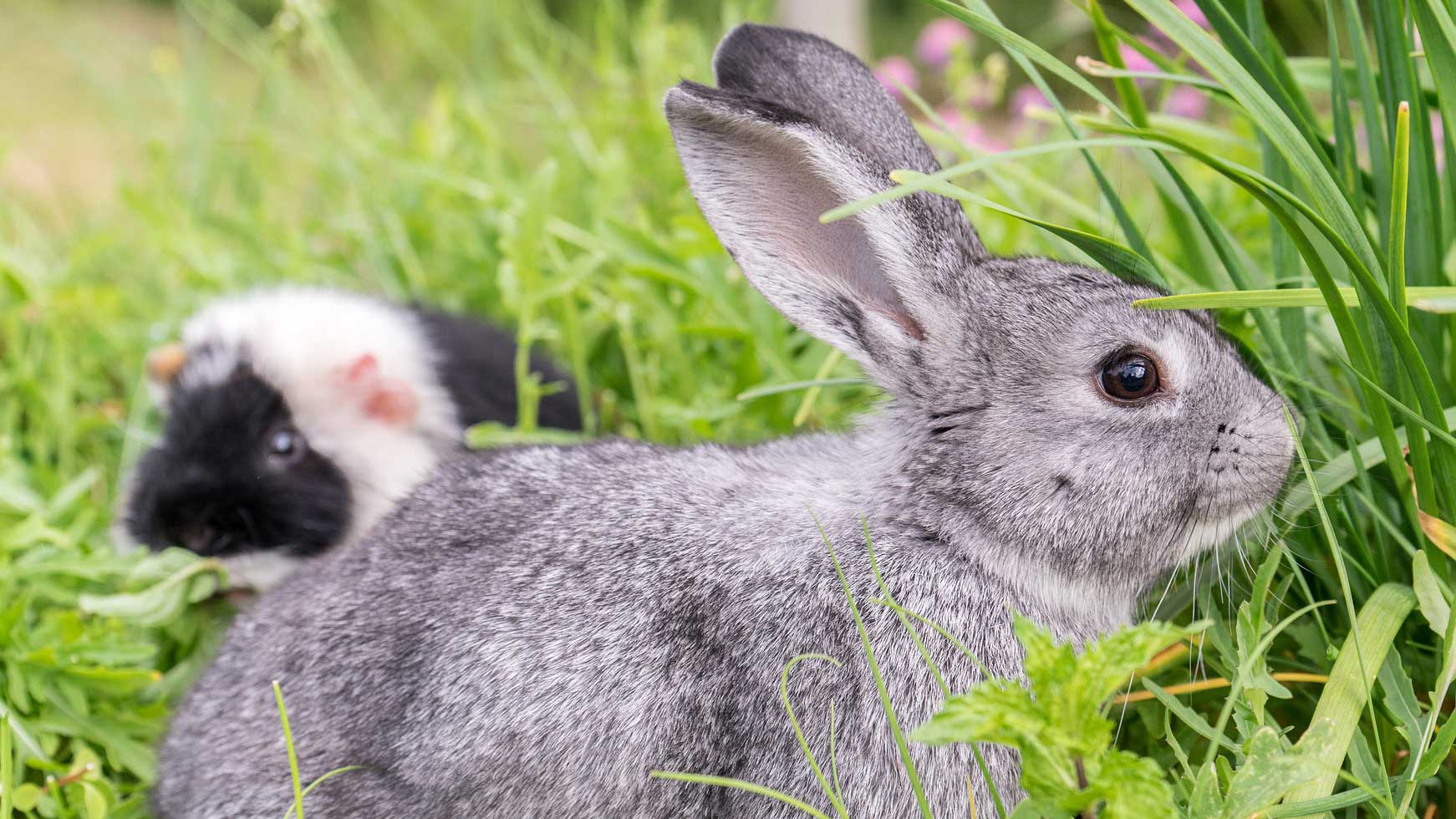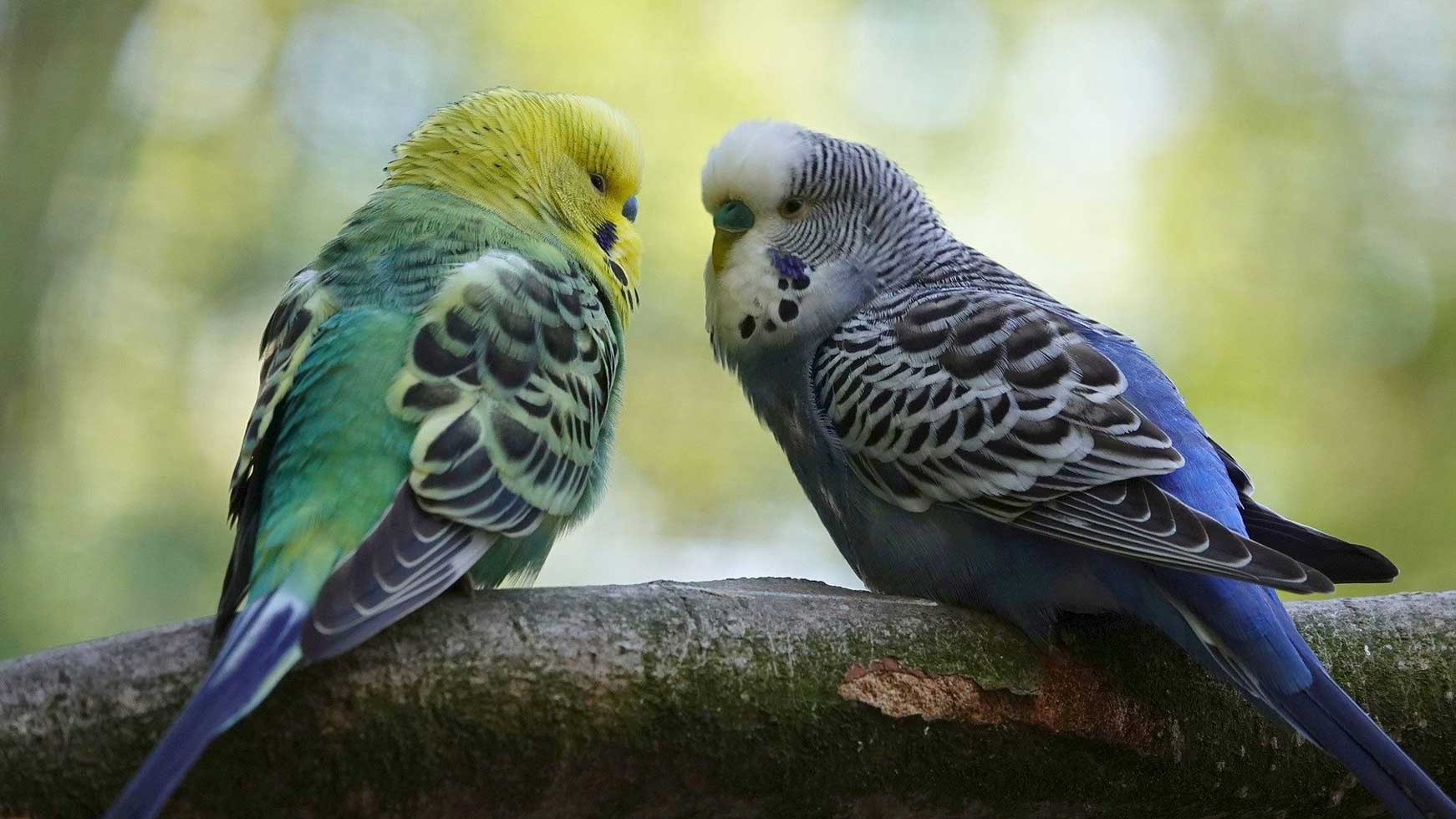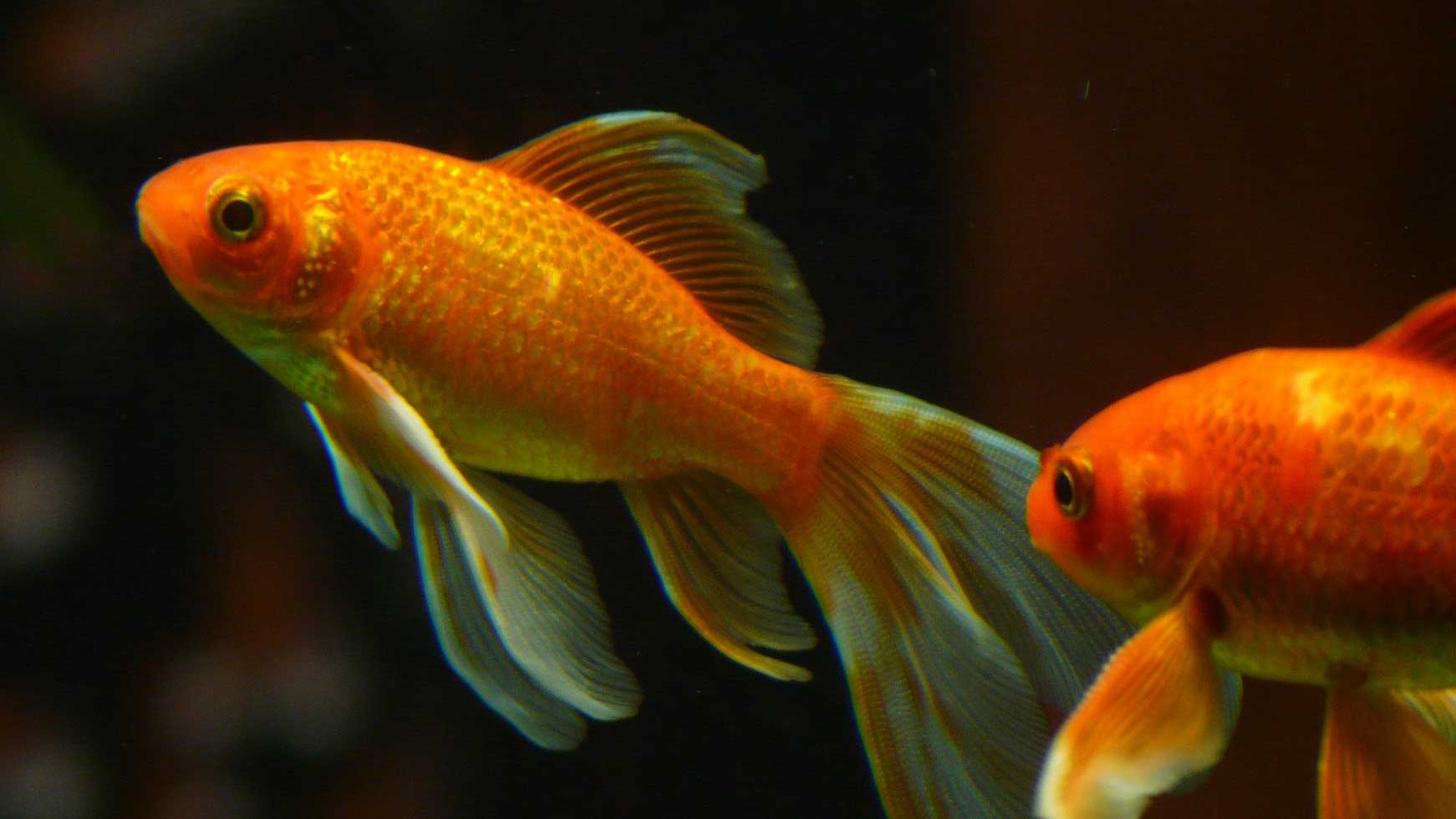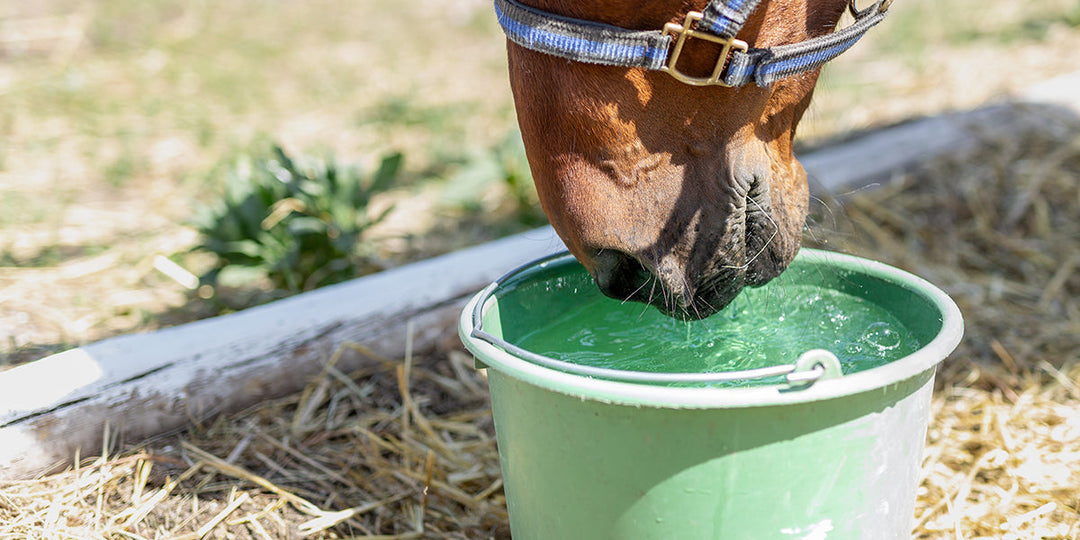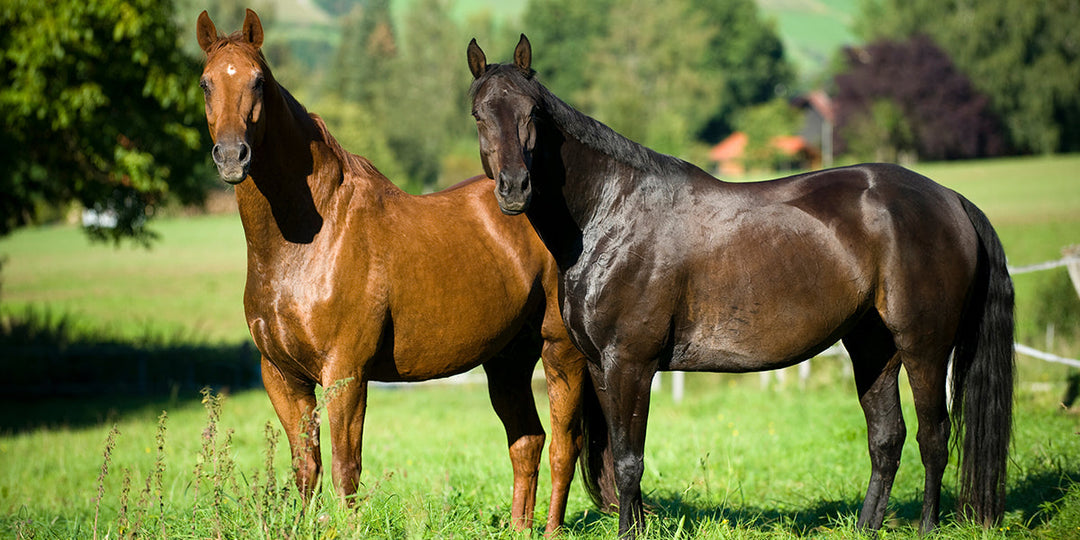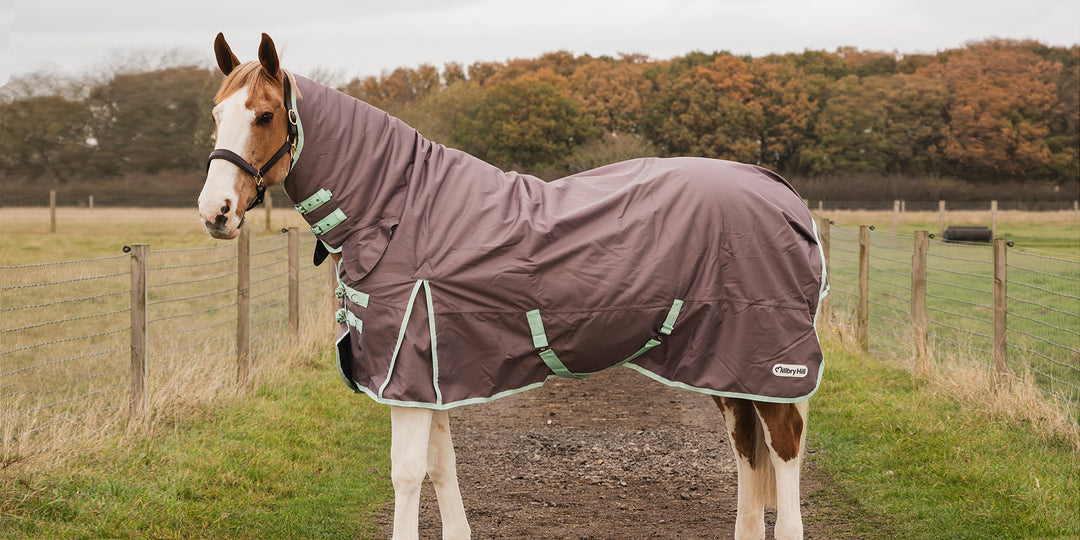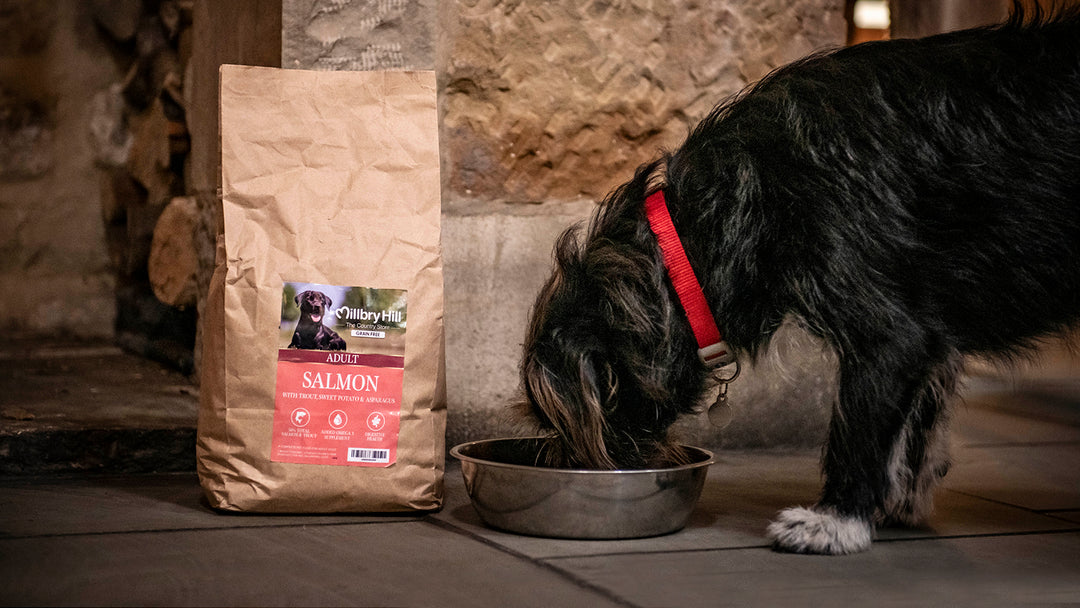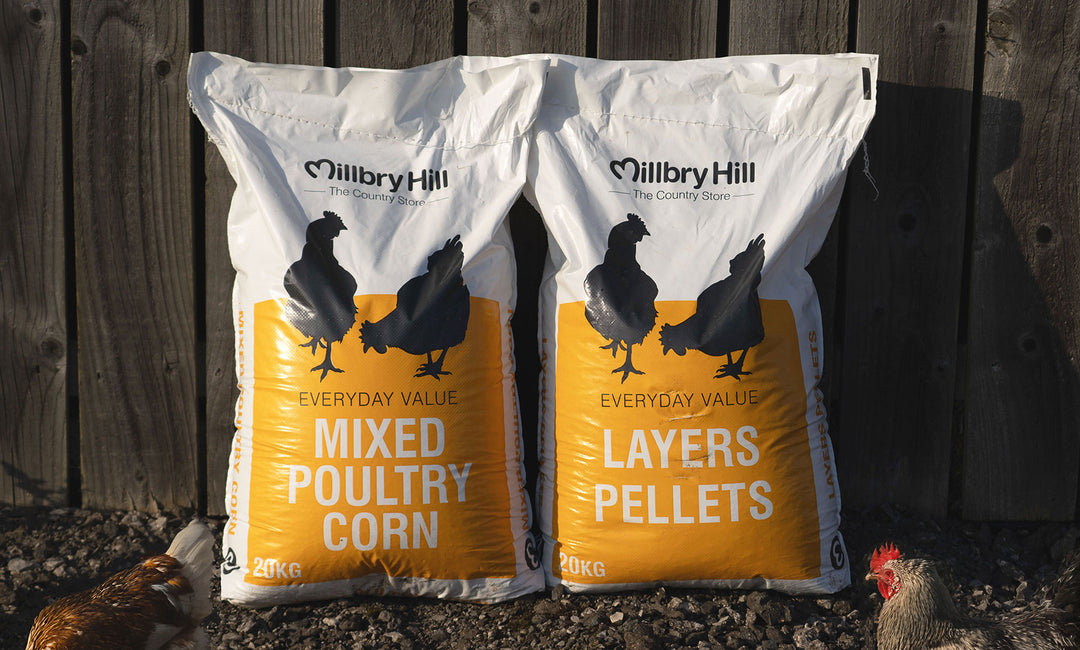What’s in Your Fly Spray?

With so many fly sprays and insect repellents on the market, it can be difficult to know which to choose. Much like perfumes on humans that will react and smell slightly differently from person to person, the effectiveness of fly repellents can often vary from horse to horse and it can be a case of trial and error to find an insect repellent that works best for you and your horse.
Here we take a look at the most common active ingredients found in equine fly repellents.
Here we take a look at the most common active ingredients found in equine fly repellents.
DEET, also known as diethyltoluamide, is the most common active ingredient in insect repellents, popular for both human and equine use. Developed by the US Army following WWII, and used today as an insect repellent by the MOD, DEET is effective against mosquitos, ticks, fleas and many other biting insects.
Used In: Carr & Day & Martin Extra Strength Insect Repellent, Lincoln Classic Fly Repellent, NAF Off DEET Power, Net-Tex Fly Repellent Spray
Icaridin is an virtually colourless and odourless chemical compound which is effective as a repellent against a broad range of insects. A popular alternative to DEET, Icaridin is reported to be as effective but without the irritation that can sometimes be associated with DEET products.
Used In: Effol Fly Blocker +
Permethrin is a synthetic chemical which is widely used as an insecticide and insect repellent. Commonly used in human head louse treatment, Permethrin is proven to help control flies, lice and Sweet Itch in horses. Care should be taken when using Permethrin based products as the substance is toxic to cats.
Used In: Coopers Fly Repellent Plus
Eucalyptus citriodora oil, and the refined product known as Citriodiol or PMD, is a natural essential oil from the Eucalyptus tree. Used as an active ingredient in fly repellents, particularly natural and chemical free repellents, it has a fragrance similar to menthol and has a cooling feel.
Used In: CDM Natural Insect Repellent, Lincoln Classic Fly Repellent, Lincoln Ditch the Itch, NAF Off Extra







